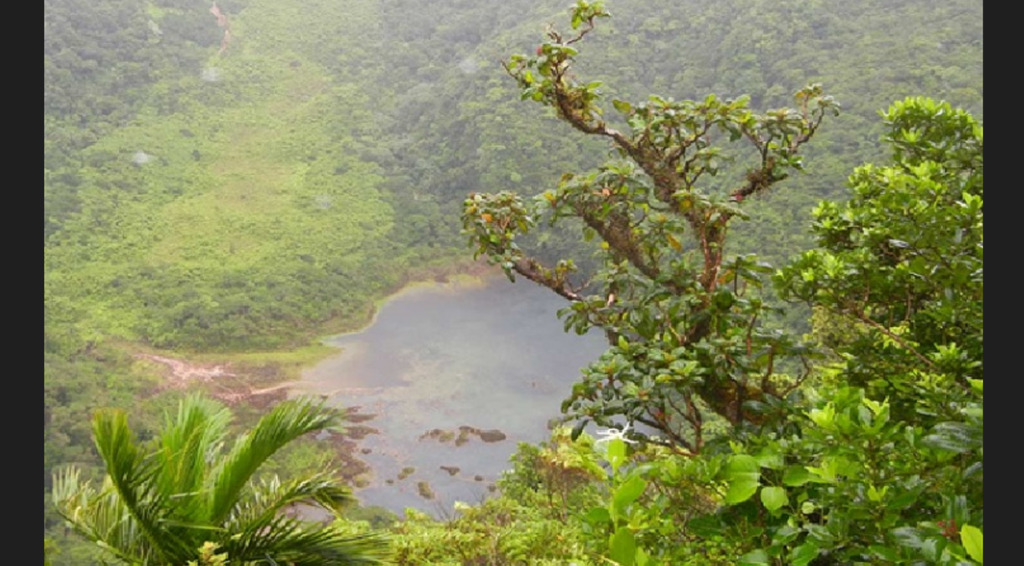BRIDGETOWN — Almost three quarters of the flowering plants unique to the Eastern Caribbean appear to be under threat of extinction, according to a study published in the latest issue of the scientific journal Botanical Review.
That was one of the major findings of a collaborative research project of Professor Sean Carrington of the University of the West Indies Cave Hill Campus in Barbados and Drs. Gary Krupnick and Pedro Acevedo-Rodríguez of the Smithsonian Institution in Washington, DC.
Their study looked at the 262 species of flowering plants and one Gymnosperm that are found only in the Lesser Antilles, a group of islands stretching from Grenada in the south to Anguilla in the north.
It used two distinct methods to assess the status of the plants and each method resulted in the same conclusion – that 70 per cent of the 263 Lesser Antillean endemic plants are at risk of extinction.
“This study has provided much-needed information on each species which will allow scientists and conservation managers throughout the region to focus their attention on the plants under greatest threat to safeguard their future existence and their potential unexplored value,” the researchers said.
The total flora of the Lesser Antilles is about ten times the number of the plants studied, but those 263 were a priority for study as they are found nowhere else on Earth and need to be a focus for conservation, the researchers explained.
Prior to this study, only 14 of the endemic plants had been assessed for the IUCN Red List – a register of the world’s endangered species of plants and animals. To evaluate the rest, the researchers gathered and analysed data from almost 7,000 preserved specimens collected over the last 240 years.

LADY OF THE NIGHT: Not a call girl, but rather a flowering plant on St. John.



